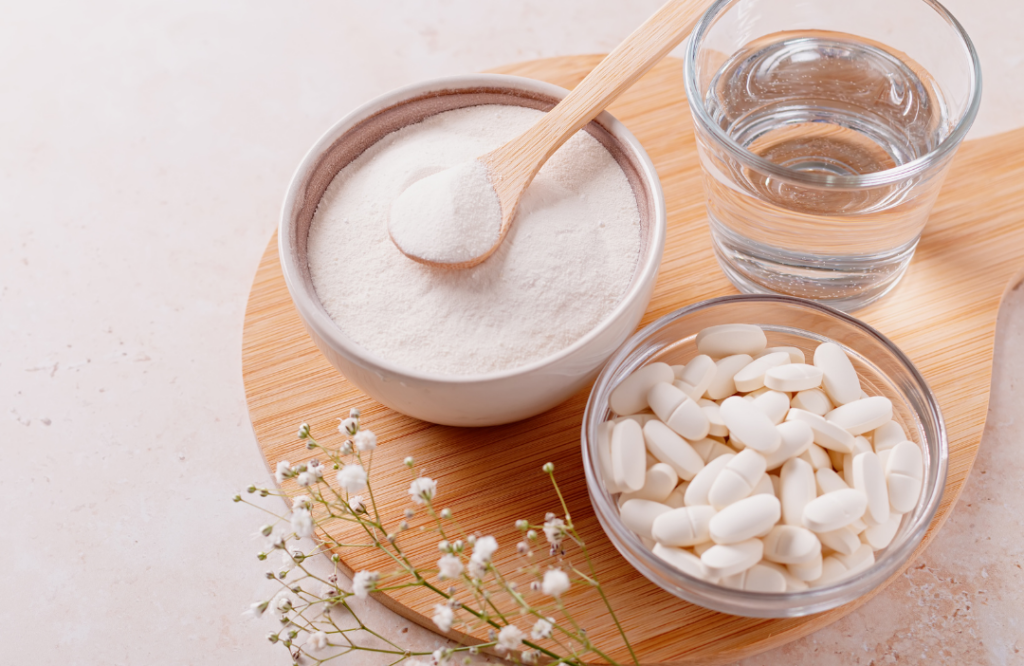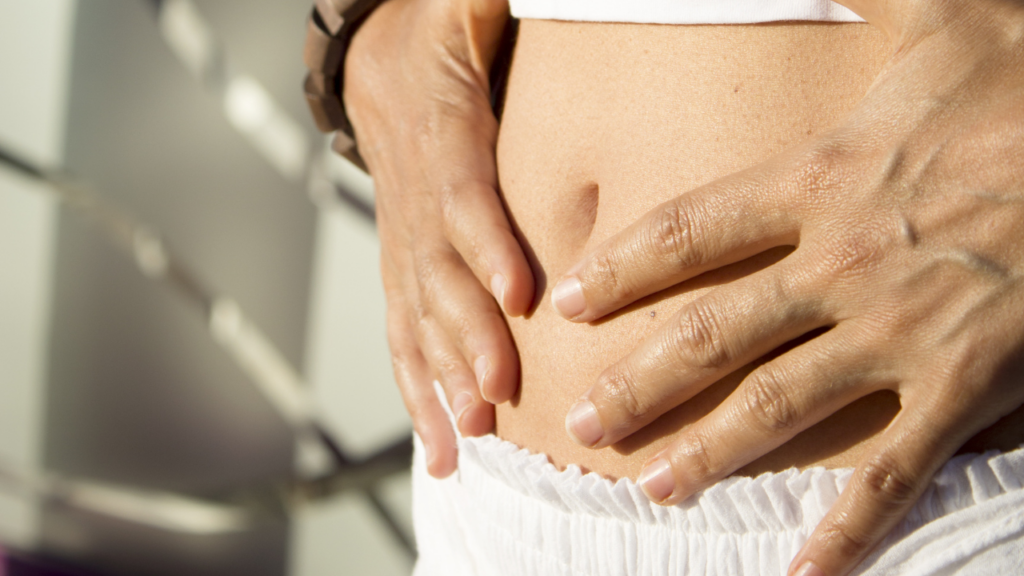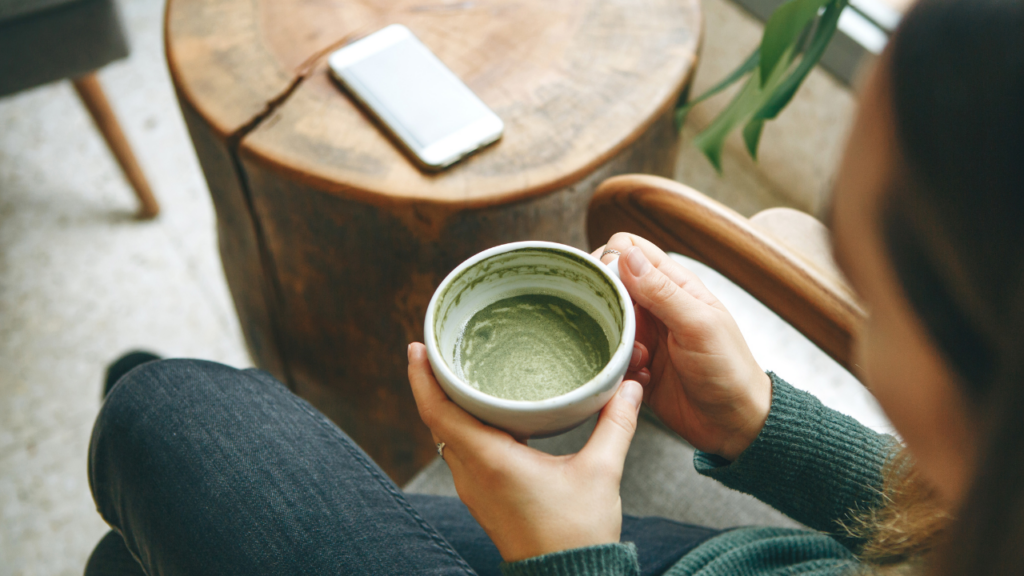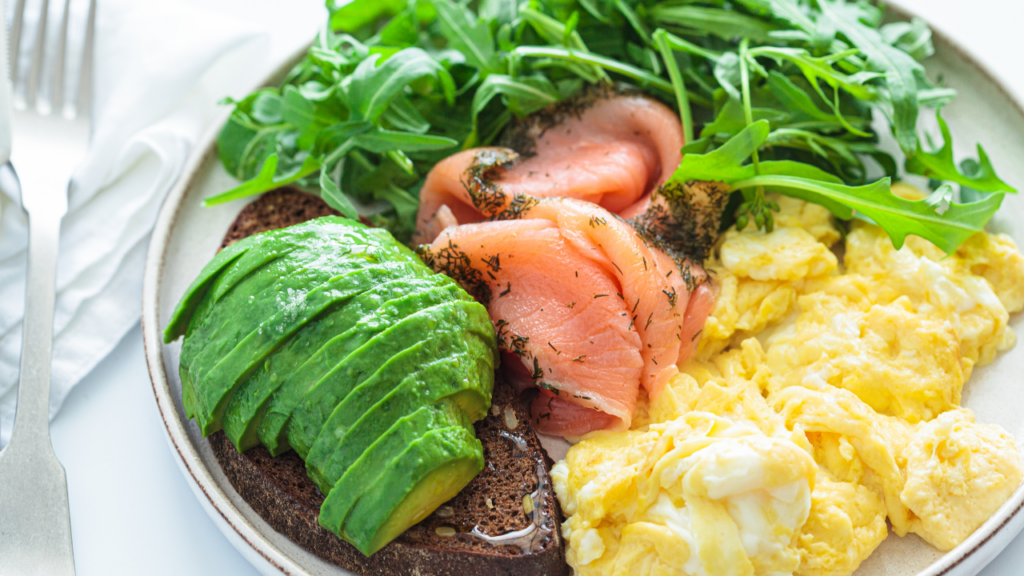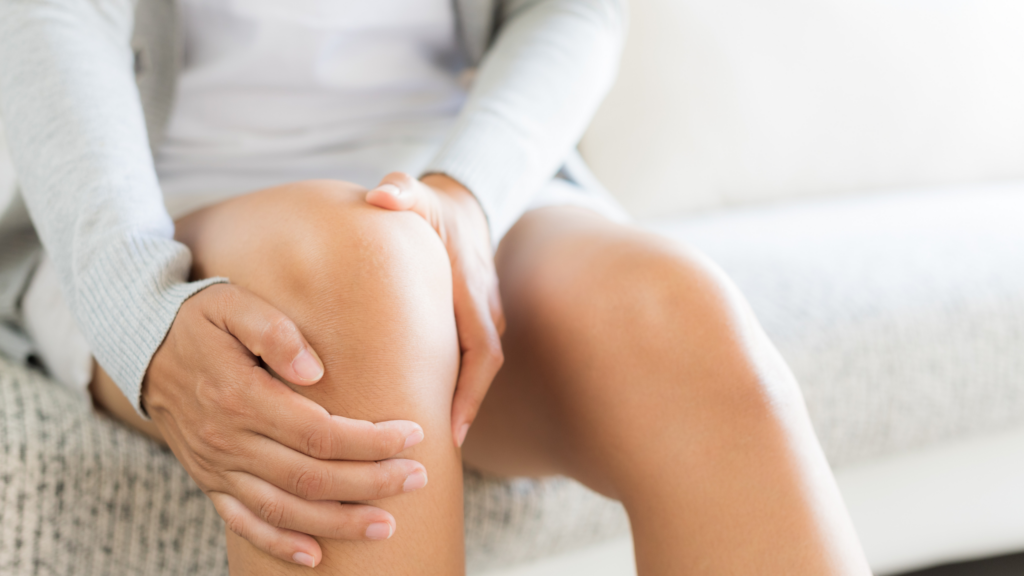Chinese Medicine For Menopause
Published on March 16, 2023 by Belle Kuhn

The topic of menopause has been avoided for much of history leading women to be embarrassed by their symptoms and suffer in silence. This, along with other women-related issues, is changing for the better and people are talking about it openly now more than ever.
Many people think of menopause as a dreaded period of time that comes with indefinite terrible symptoms and permanent negative body changes. While this can be some women’s story, it doesn’t have to be yours. With the help of Chinese medicine, “The Change” can be smooth, comfortable and even liberating.
In Asia, people have been using the tools of Chinese medicine for thousands of years at every stage of life. These tools are particularly useful to manage symptoms and help women feel their best before, during and after menopause.
Symptoms Chinese Medicine Can Help With:
Some of the Tools We Use in Chinese Medicine:
Holistic Tips for Menopausal Symptoms
1. Mood Swings
We know that hormone fluctuations can directly impact emotions, mood and energy levels. This is due to the fact that hormones affect how you feel depending on the ratio between estrogen, progesterone, and testosterone. Because the fluctuation of levels is more extreme during menopause, so are the symptoms.
Having negative emotional episodes is very common with up to 70% of menopausal women reporting severe mood swings. However, since everyone’s body is different, there’s no one-size-fits-all when anticipating hormone fluctuation. There are many factors such as genetics, gynecological history, lifestyle, stress levels, sleep patterns, environmental toxins and diet that can all have an effect on the severity of menopausal mood swings. Some women may experience a complete personality change while others may not even have noticeable symptoms.
 Tips to mediate menopausal mood swings:
Tips to mediate menopausal mood swings:
- Track your emotional state throughout your cycle to anticipate fluctuations
- Prioritize quality sleep
- Exercise regularly
- Avoid known triggers
- Balance your nervous system with weekly acupuncture
- Meditation & breathing exercises
- Test for nutritional deficiencies that affect hormone levels and supplement accordingly
- Choose non-toxic, natural cleaning and hygiene products
- Avoid processed and prepackaged foods
2. Hot Flashes
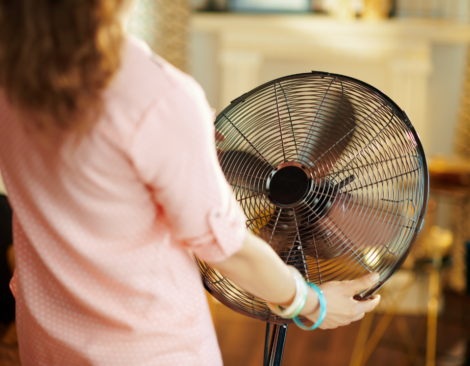
Hot flashes are regarded as the token symptom of menopause and can be a sign of perimenopause. Although extremely common, only about 75% of women end up experiencing them. Out of that 75%, there’s a wide spectrum of severity from one mild hot flash per month to multiple intense hot flashes per hour.
There’s no way to know for sure how severe your hot flashes will be, or if you’ll even get them, but there are a few things you can do to decrease your chances.
One way Chinese medicine addressed this is diet. Chinese medicine categorizes foods by a number of attributes, one being temperature. Avoiding “hot” foods and incorporating “cold” foods will prevent and reduce hot flash episodes.
Hot foods to avoid:
- Red meat
- Slow cooked meals, soups/stews
- Peppers
- Onions
- Garlic
- Pumpkin and acorn squash
- Spicy foods
- Cumin, coriander, & rosemary
- Mustard
- Coffee & tea
- Fried food
Cold foods to incorporate:
- Raw veggies/salads
- Cold water fish & shellfish
- Peppermint, cilantro & white peppercorn
- Bean sprouts
- Citrus fruits
- Keifer
- Avocado
- Cucumber
- Watermelon
- Asparagus
Oftentimes, hot flashes are mainly experienced at night. In this case, it’s a good idea to keep the room cool and sleep with one foot outside the covers for temperature regulation. You could also keep a glass of ice water by your bed to help bring down the intensity of an episode.
Depending on the root cause of your hot flashes (your underlying Chinese medicine pattern), you may require a specific herbal formula and regular acupuncture to resolve hot flashes completely.
3. Low Libido & Vaginal Dryness
As you approach menopause, sex drive can be inhibited by a decrease in proper blood circulation, dryness of internal body fluids and stress. The good news is, addressing these things in advance can help prevent a lowered libido in the first place.
Things you can do to counteract a lowered sex drive due to menopause include eating organically, exercising or walking 30 minutes per day, incorporating healthy fats at every meal and supplementing nutritional deficiencies.
It’s also a good idea to routinely do things that feel good to your body to keep sensory functions engaged. This could be regular massages, a bath soak with essential oils or a solid cuddle session with your partner. Things like this will increase oxytocin as well which is a precursor to sexual arousal.
If you’re already noticing a downfall in this area, acupuncture can help. In fact, a recent study found that acupuncture was 90% effective in significantly improving sexual function, desire, arousal, lubrication and orgasm in menopausal women with hypoactive sexual desire disorder (HSDD).
4. Weight Gain
Probably one of the most dreaded fears of menopause is feeling like you’re inevitably going to gain weight, especially around the midsection. This is so common because the decrease in estrogen leads to a slower metabolism. Once again, this doesn’t have to be your fate. Taking preventative action will make it easier to manage weight fluctuation which may be more difficult to lose once the pounds are gained.
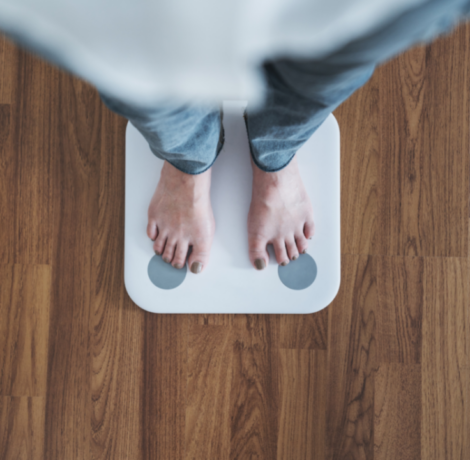
5 Ways to Rev Up and Reset Your Metabolism
- Try intermittent fasting – This can be anywhere from 12-24 hours per day and can have a profound effect on balancing weight and overall health. Read more about fasting here.
- Do a detox protocol – Detoxifying your internal organs can bring them back to an optimal state of function, leading to increased metabolism. Read more about healthy detox options here.
- Lower your carbs – Carbs like bread, pasta, chips, crackers and processed sugar are the main culprit for weight gain. Choosing a moderate amount of complex carbs like beans, brown rice, quinoa, oats, barley or millet will help balance blood sugar and keep the pounds off.
- Add time to your exercise routine – Whether it’s cardio, aerobics or strength training, adding 10-15 minutes to your routine will counteract any tolerance you’ve built and keep you in the adaptive range.
- Lipolean shots – Loaded with fat-burning B-12 and insulin regulating inositol, this natural supplement can help with weight loss plateaus and weight gain tendencies. Learn more about Lipolean here.
Things to Remember
- Menopause is a natural and healthy occurrence of life. Embracing this time to nurture your body and prioritize your health will help you feel your best for years to come.
- As with any health concern, Chinese medicine addresses the whole person when it comes to menopause, not just a compartmentalized symptom. Often, the root cause is the same for multiple symptoms and they can all be treated in the same acupuncture session or with one comprehensive herbal formula.
- You’re not alone! All women go through menopause at some point and you’re likely to have a friend or loved one that has had their own experience. Take time to talk about individual struggles and support each other.
Want to naturally support your body during menopause?
We’re here to help you through this phase of your life. Contact us here or schedule an appointment if you’d like to see if Chinese Medicine, acupuncture, or another modality would be a good fit for you!
Want natural alternatives to help treat your menopause symptoms?
We’re here to help you through this phase of your life. Contact us here or schedule an appointment if you’d like to see if Chinese Medicine, acupuncture, or another modality would be a good fit for you!
References:
- Born L, Koren G, Lin E, Steiner M. A new, female-specific irritability rating scale. J Psychiatry Neurosci. 2008 Jul;33(4):344-54. PMID: 18592028; PMCID: PMC2440789.
- Oakley SH, Walther-Liu J, Crisp CC, Pauls RN. Acupuncture in Premenopausal Women With Hypoactive Sexual Desire Disorder: A Prospective Cohort Pilot Study. Sex Med. 2016 Sep;4(3):e176-81. doi: 10.1016/j.esxm.2016.02.005. Epub 2016 Mar 29. PMID: 27033339; PMCID: PMC5005297.

